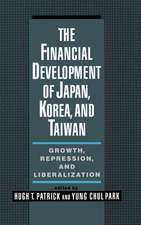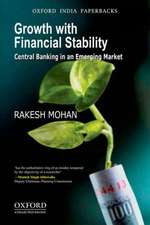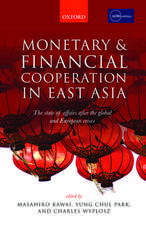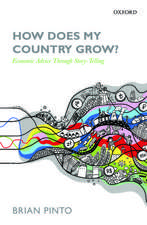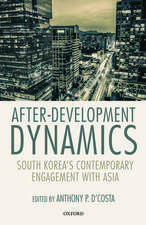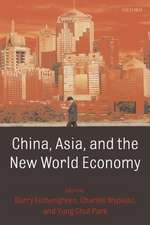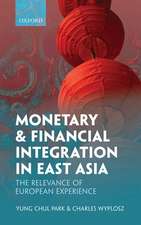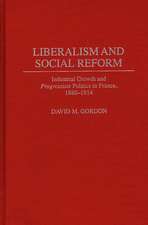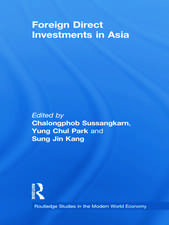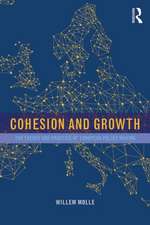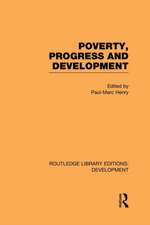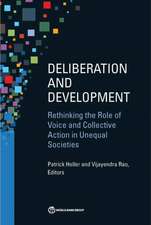Economic Liberalization and Integration in East Asia: A Post-Crisis Paradigm
Autor Yung Chul Parken Limba Engleză Paperback – 16 mai 2007
| Toate formatele și edițiile | Preț | Express |
|---|---|---|
| Paperback (1) | 247.31 lei 31-37 zile | |
| OUP OXFORD – 16 mai 2007 | 247.31 lei 31-37 zile | |
| Hardback (1) | 587.93 lei 31-37 zile | |
| OUP OXFORD – 15 dec 2005 | 587.93 lei 31-37 zile |
Preț: 247.31 lei
Preț vechi: 273.74 lei
-10% Nou
Puncte Express: 371
Preț estimativ în valută:
47.33€ • 49.22$ • 39.61£
47.33€ • 49.22$ • 39.61£
Carte tipărită la comandă
Livrare economică 04-10 martie
Preluare comenzi: 021 569.72.76
Specificații
ISBN-13: 9780199215218
ISBN-10: 0199215219
Pagini: 296
Ilustrații: 7 figures, 17 tables
Dimensiuni: 156 x 234 x 16 mm
Greutate: 0.45 kg
Editura: OUP OXFORD
Colecția OUP Oxford
Locul publicării:Oxford, United Kingdom
ISBN-10: 0199215219
Pagini: 296
Ilustrații: 7 figures, 17 tables
Dimensiuni: 156 x 234 x 16 mm
Greutate: 0.45 kg
Editura: OUP OXFORD
Colecția OUP Oxford
Locul publicării:Oxford, United Kingdom
Recenzii
Throughout the text, Park offers a commendable balance of theoretical and empirical analysis...As a result, Park is able to reach out to a wider academic audience.
Notă biografică
Yung Chul Park is Professor of Economics at Seoul National University and a member of National Economic Advisory Council. He was an ambassador for International Economy and Trade, Ministry of Foreign Affairs and Trade, 2001-2002 and Chairman of the board at the Korea Exchange Bank in Seoul, Korea,1999-2001. He previously served as the Chief Economic Adviser to President Doo Hwan Chun of Korea and as a member of the Central Bank of Korea's Monetary Board. He has also held positions at Harvard University, Boston University and the International Monetary Fund.

